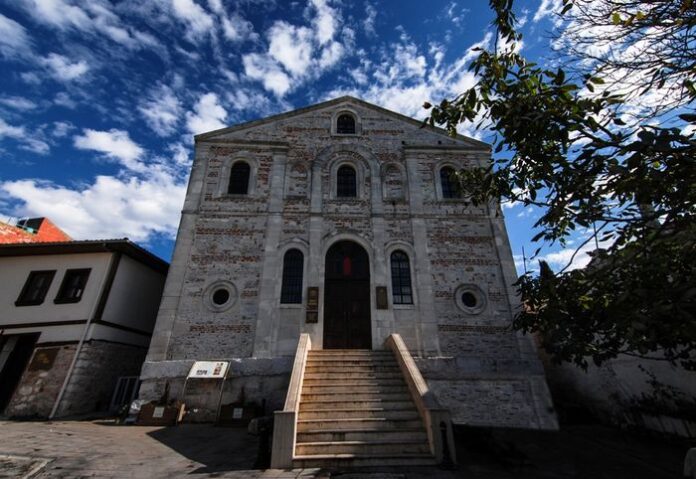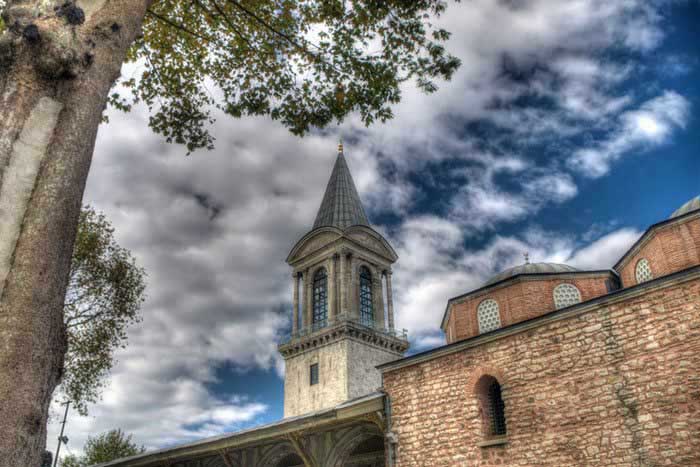Several high-quality colleges and schools are run by missionary boards throughout Turkey. These institutions provide education for students of all levels and have become important centers of learning.
Currently, the missionary colleges are educating around 3,000 students, and the primary and secondary schools have more than 20,000 students. Most of these schools are self-supporting, meaning they cover their own expenses through tuition and donations Sofia Walking Tour.
Students from All Backgrounds
The majority of the students come from the merchant and working class. Interestingly, only about one-fourth of them are Protestants. The rest belong to different religions and ethnic backgrounds, including Greeks, Armenians, Jews, and a few Muslims.
Muslim students are very rare, mainly due to the restrictions placed by the government. However, more than three-quarters of all students pay full tuition, which ranges from $40 to $250 per year, depending on the school and the family’s income Protestant Worship in Constantinople.
There are also scholarships for students who cannot afford tuition, but these are mostly reserved for those training to become missionaries or teachers in mission schools.
A Shift in Religious Freedom
Between 1856 and 1876, from the time of the Crimean War to the early years of Sultan Abdul Hamid II, there was a period of religious freedom in the Ottoman Empire. During that time, Muslim families were encouraged to send their children to Protestant schools, and many did.
However, under the current Sultan’s rule, this has changed. The government now tries to limit education and keep the population uneducated, especially Muslims. A Muslim who attends a Protestant school puts himself and his entire family at risk.
Punishments for Seeking Education
If a Muslim student attends a Protestant school:
The father may be arrested on false charges and have his property taken.
The student could be accused of “discontent,” a vague charge often used to justify imprisonment.
A family member might be falsely accused of being part of the “Young Turkey” movement, which is punishable by death or exile.
These punishments are often used without any real reason. Their goal is to stop Muslims from converting to Christianity and to make Protestant schools unpopular among the Muslim population.
Life-Threatening Risks for Converts
A Muslim who becomes a Christian cannot safely remain in Turkey. Once their conversion is known, they often face assassination or long-term imprisonment. As a result, Muslims who convert to Christianity are very rare.
There was one recent case, possibly two, where a Muslim converted and was forced to leave the country. Although there are different versions of the story, it seems they refer to the same individual, whose experience highlights the danger and difficulty of religious change in Turkey.
A Legacy of Courage and Sacrifice
Despite the risks and restrictions, missionary schools and colleges continue to serve thousands of students from various cultures and faiths. Their presence stands as a testament to the power of education, religious freedom, and the bravery of those who seek knowledge in difficult circumstances.








